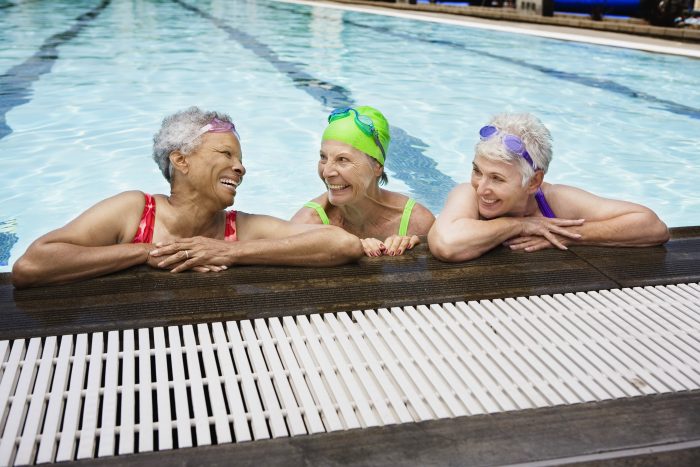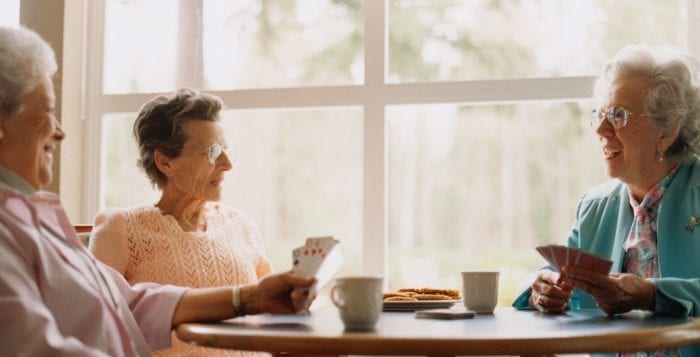By Leah Dunaief

Publisher
My college class is hosting a forum on friendship and how to define it. During this time, when loneliness seems to be a problem for many, what role should friendship play, especially in our later years?
I read someplace, not too long ago, that most people claim to have five or six good friends, and that is ideal, according to the professionals who study this subject. It made me think about how many good friends I have, and whether I have the requisite number for a happy life.
What makes people become friends?
Perhaps friends play a different role in one’s life at different stages. I tried to remember the friends I had in my earliest years. There was Evelyn in Second Grade. What attracted me to her was her ability to draw. I was enamored with The Lone Ranger at that point, read as many books by Fran Striker (who I later learned was Frances, a woman author) as I could find, and I asked Evelyn to draw scenes from the books for me. I would give her some particulars, and she would follow up and make drawings on looseleaf sheets of paper that illustrated the vignettes I would describe to her. And she did so quickly, as I talked, which was amazing.
Why did she do that for me? She was terrible in arithmetic, and I would do her homework for her, probably as quickly as she could draw. So we had a mutual attraction as a result of our individual skills. Also she lived down the block from my family’s apartment, and we would walk home together from school. So convenience and mutual needs played a part in encouraging friendship.
It all ended, of course, when the teacher realized I was doing her homework. It was innocent enough. I never meant to abort her learning and hope she caught on to numbers and what one could do with them.
I went to an all-girls junior high school that only one other classmate entered, and she was put into a different section, so I had no friends immediately. But I was attracted to a small group who came from the other side of town and seemed to have a lot of fun with each other.
They were sophisticated. In particular, they would slip out of school 15 minutes before the end of the last class, run down the stairs of the subway outside the school building and ride to the Broadway Theater District, where they would arrive just as the plays would break for intermission.
When the audience members would then walk back in, they would, too, and carefully find empty seats. In that way, they saw the second act of some of the most famous musicals of the 1950s. I wanted desperately to be part of that group, and somehow they accepted me. They were my junior high friends, and I still think of them fondly.
So common interests make for friendships.
In high school and college, my friends were a couple of classmates that I most admired. They brought different ideas to class and had the courage to speak about the subjects in an original way. There were others, too, who were enjoyable companions throughout those early years, and with whom I kept up until we each went our separate ways after we married and moved from New York. But I kept in touch with those original two I most respected. So respect is another factor in deep friendships.
As we had children, our friends most often were the parents of their friends, which was convenient. And we had friends from work. But then, our children grew up, left the nest, and we were again on our own, with the time to rediscover old friends who were witnesses to our earlier years and to make new ones.
Witnesses and shared experiences now make for strong glue in friendship. And mutual admiration, loyalty and empathy for all that has happened and is happening to us as we age, are powerful bonds among friends.












